Sustainable tourism has been, is and will be a strong development trend in the present and future. In Vietnam, this type of tourism has very outstanding potential to promote development.
 |
| MSc. Tran Thi Thu Hao believes that in Vietnam, sustainable tourism has a lot of potential for development. (Photo: NVCC) |
That is the opinion of MSc. Tran Thi Thu Hao, Lecturer of the Faculty of Tourism and Hospitality, University of Economics and Industrial Technology, in an interview with reporters of The World and Vietnam Newspaper about the prominent trends of tourism in the digital age.
In your opinion, what are the most prominent trends in the tourism industry today and in the near future?
Tourism is a comprehensive and very “dynamic” economic sector. In recent times, epidemics, natural disasters and fluctuations in the global economic and political situation have had and are having a great impact on tourism trends as well as the preferences and needs of tourists.
In particular, travel trends, tourism investment trends, and tourism development trends have changed. There are some prominent trends that reflect changes in tourists' needs and preferences.
First, sustainable and environmentally friendly tourism. Tourists are increasingly interested in protecting the environment and looking for green, sustainable tourism experiences.
Second, travel to experience and explore local culture. Instead of just visiting famous tourist attractions, tourists now want to immerse themselves in local culture, participate in traditional activities and enjoy special cuisine.
Third, applying technology and artificial intelligence (AI) to tourism activities. Technology is changing the way people travel, from booking online, using travel guide apps to experiencing virtual reality (VR). AI is also applied to personalize the travel experience, helping tourists get suggestions that match their personal preferences.
Fourth, wellness tourism. After the pandemic, the demand for wellness tourism has increased. Travelers are looking for spa vacations, meditation, yoga or detox programs to improve their mental and physical health.
Fifth, travel in multi-generational groups and travel in family groups.
Sixth, agricultural and rural tourism. This trend not only brings new experiences to visitors but also contributes to promoting local community economic development.
As an industry researcher, how do you evaluate the potential for sustainable tourism development in Vietnam?
Sustainable tourism has been, is and will be a strong development trend in the present and the future. In Vietnam, this tourism trend has outstanding potential to promote development such as rich natural resources, biodiversity and ecosystems.
In addition, Vietnam also owns a large number of UNESCO-recognized world heritages, including natural and cultural heritages; many festivals, customs, and unique cuisines. This cultural potential will also contribute significantly to the development of sustainable tourism in our country.
Vietnam has had policies to develop sustainable tourism such as the strategy for sustainable tourism development associated with cultural preservation and environmental protection; developing community tourism models in localities to contribute to improving people's lives and preserving culture.
However, in addition to the great potential, sustainable tourism development in Vietnam still faces many challenges such as environmental pressure from unsustainable development. At the same time, awareness of sustainable development is still limited among businesses, local people and tourists. Along with that, infrastructure limitations are also a problem. In fact, some areas still lack and are weak in terms of transport infrastructure and tourism services.
Therefore, to promote sustainable tourism development, it is necessary to conserve and restore the environment, strengthen waste management, protect biodiversity and manage planning and construction; educate and raise awareness of stakeholders about sustainable tourism. In addition, technology should be applied as well as support community tourism.
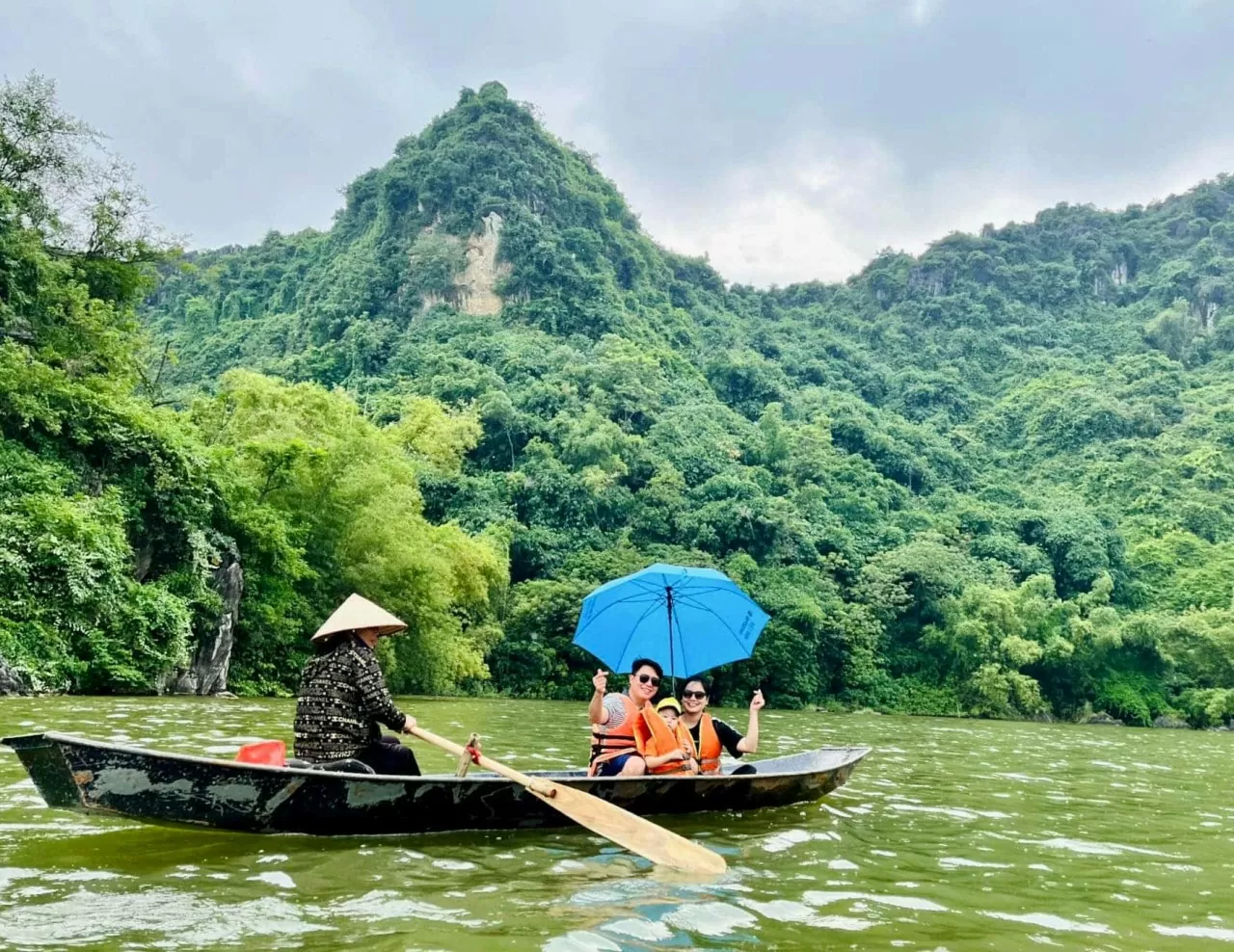 |
| Green tourism is chosen by many people. (Photo: NVCC) |
So what knowledge and skills should universities equip tourism students with to meet future labor market requirements?
Tourism is known as a comprehensive economic sector, so universities need to comprehensively equip students with knowledge, skills and attitudes. In terms of expertise, students need to have management knowledge (travel and hospitality); knowledge of tourism markets and trends, professional training linked to practice, and socio-cultural knowledge.
Along with that, communication and foreign language skills are indispensable; digital technology skills; soft skills (teamwork, customer care, situation handling) are also very important in today's era.
Furthermore, tourism is an interesting profession but very challenging in terms of knowledge, attitude and ethics. Therefore, attitude and professional ethics must be imparted and trained from school.
In addition, practical experiences are indispensable and schools should equip students with them. Develop mandatory internship programs at businesses, such as organizing field trips to tourist destinations and routes; develop training programs related to specific needs of businesses; organize seminars, talks or invite tourism experts to exchange with students.
How do you evaluate the role of information technology in promoting tourism development?
In today's digital age, information technology plays a key role in many areas, including promoting the development of the tourism industry. From operational management to customer experiences such as enhancing management and operational efficiency: hotel management software system (PMS); tour data management system; customer data management (CRM), to expanding access and marketing opportunities, promoting on digital platforms, digital content (Facebook, Zalo, Tiktok, YouTube, Vlog); data-based marketing using analytical technology; developing OTA tools (platforms Booking.com, Expedia, Agoda...)... technology holds an important position.
The application of virtual reality technology into reality also helps to enhance the provision of initial information and experiences for tourists. Smart payment support technology, applications such as Momo, Zalopay help transactions to be convenient and fast.
Google Maps and TripAdvisor applications help customers find services more easily; Airbnb Experiences increases the ability to connect tourists with unique local experiences. Developing smart tourism: chatbot system; IoT (Internet of Things) applications are used to support smart destination management...
Although the role of information technology is great, to apply it optimally and effectively, the tourism industry also faces many challenges.
One is that the investment costs are very high, which can be difficult for small and medium-sized enterprises.
Second, there is a lack of digital skills. The tourism workforce that is trained in information technology to use technology effectively is still low in proportion and needs to be invested in both quantity and depth of training.
Third is the issue of information security. The current situation of customer information being leaked through digital platforms seems to have become a problem. When the tourism industry applies information technology, storing customer data also requires strong network security solutions.
Information technology is not only a supporting tool but also a driving force for the development of the tourism industry in a creative and sustainable direction. Integrating information technology into all aspects of the tourism industry will support the Vietnamese tourism industry to compete strongly in the international market. However, to be able to take full advantage of the benefits of information technology, it is necessary to invest in technology infrastructure, human resources as well as build long-term application strategies.
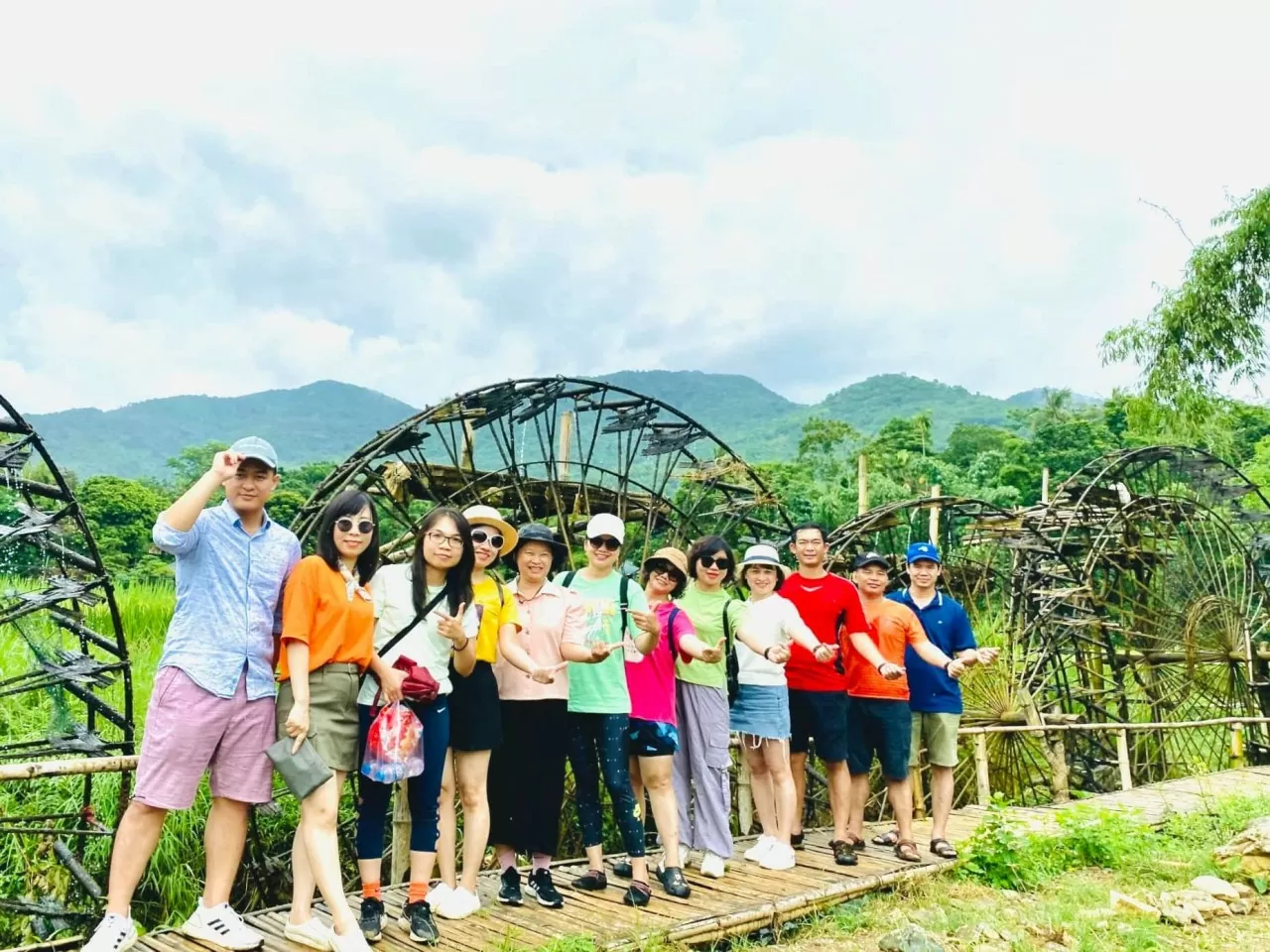 |
| AI is applied to personalize travel experiences, helping tourists get suggestions that suit their personal preferences. (Photo: NVCC) |
If you could give one piece of advice to tourism students, what area would you recommend they focus on and how to develop their career?
Along with the current tourism development trend, to take advantage of career development opportunities, young people need to equip themselves with two factors, knowledge and skills. Specifically, equipping themselves with basic knowledge and following the development trends of the tourism industry (sustainable tourism, technology in tourism, tourism event organization, etc.). Foreign language is a mandatory factor, the opportunity for you to be fluent in English and use another foreign language well is very large; other complementary skills such as tourism marketing should also be focused on.
In addition, take advantage of every internship opportunity at businesses to expand your network and improve your practical knowledge. Follow trends and update digital technology in general and in the tourism sector in particular.
In addition, students also need to proactively build a solid foundation of knowledge and cultivate soft skills such as communication, problem solving, and creative thinking. I think students should study deeply to understand, travel far to feel, do a lot to mature, and be constantly creative to leave their mark on the journey to conquer the tourism industry.
Thank you!
Source: https://baoquocte.vn/du-lich-ben-vung-xu-huong-phat-trien-manh-me-trong-tuong-lai-296739.html


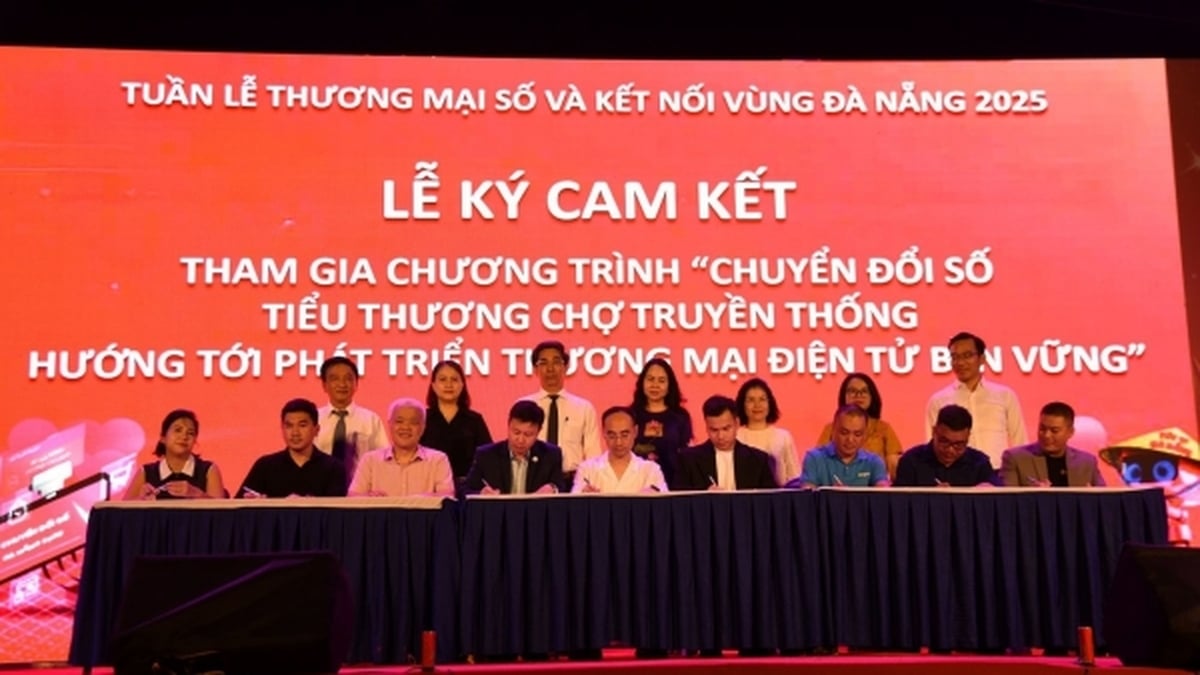



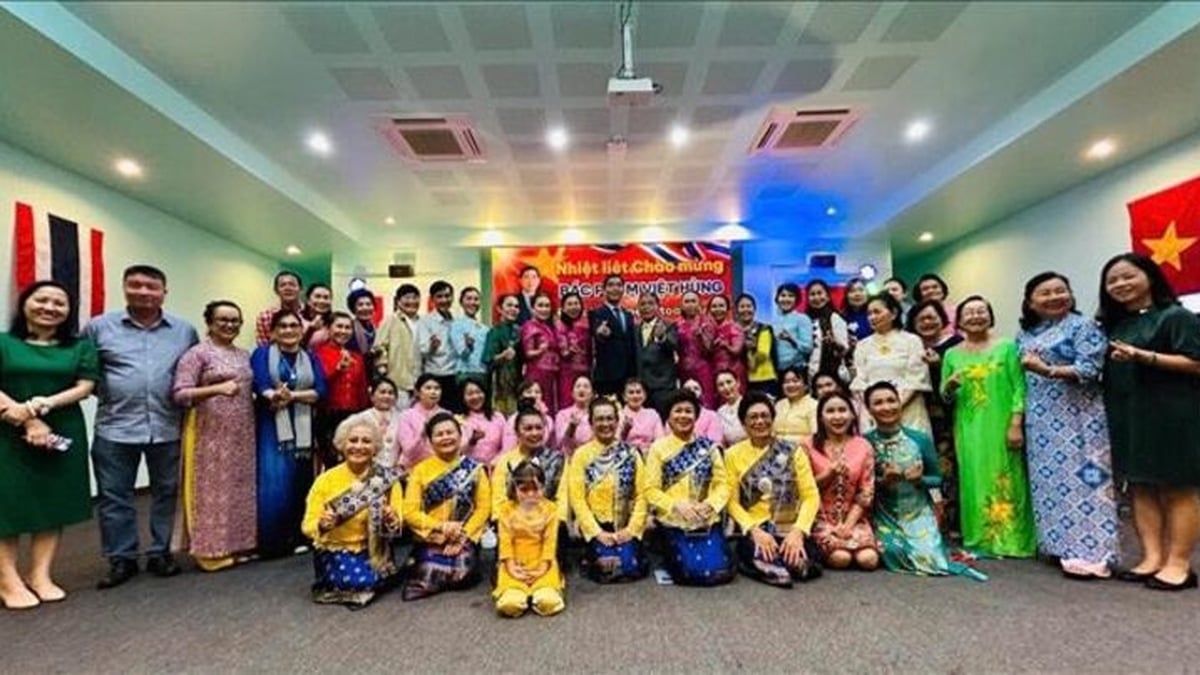
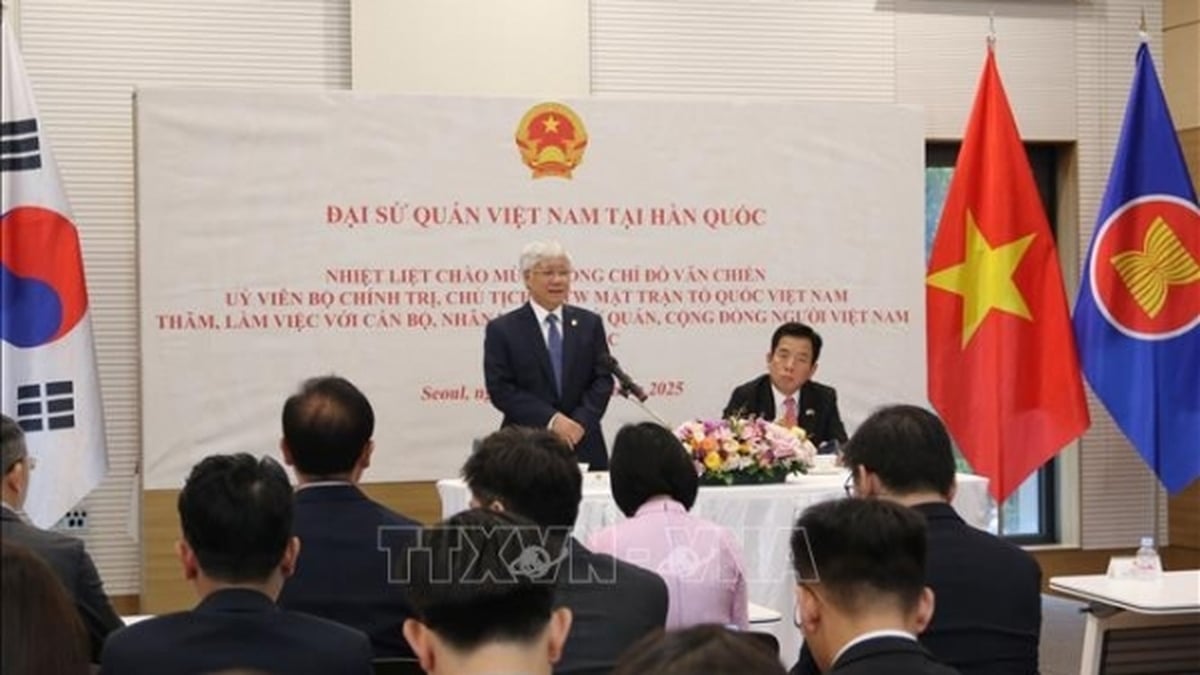

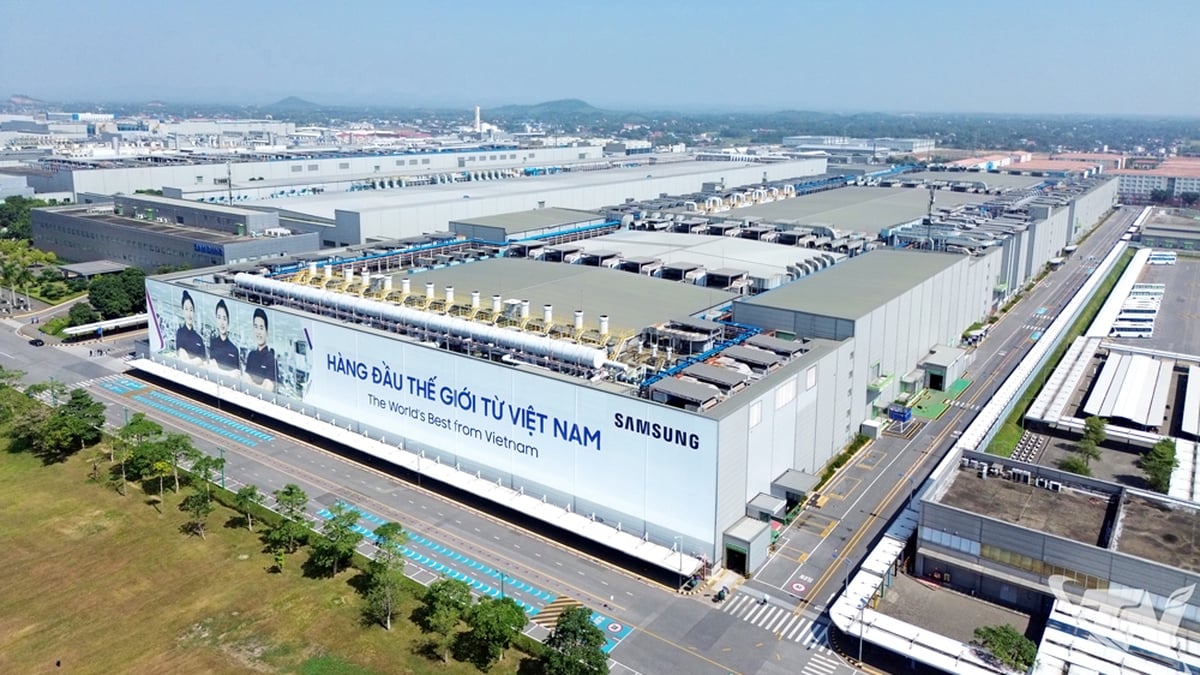
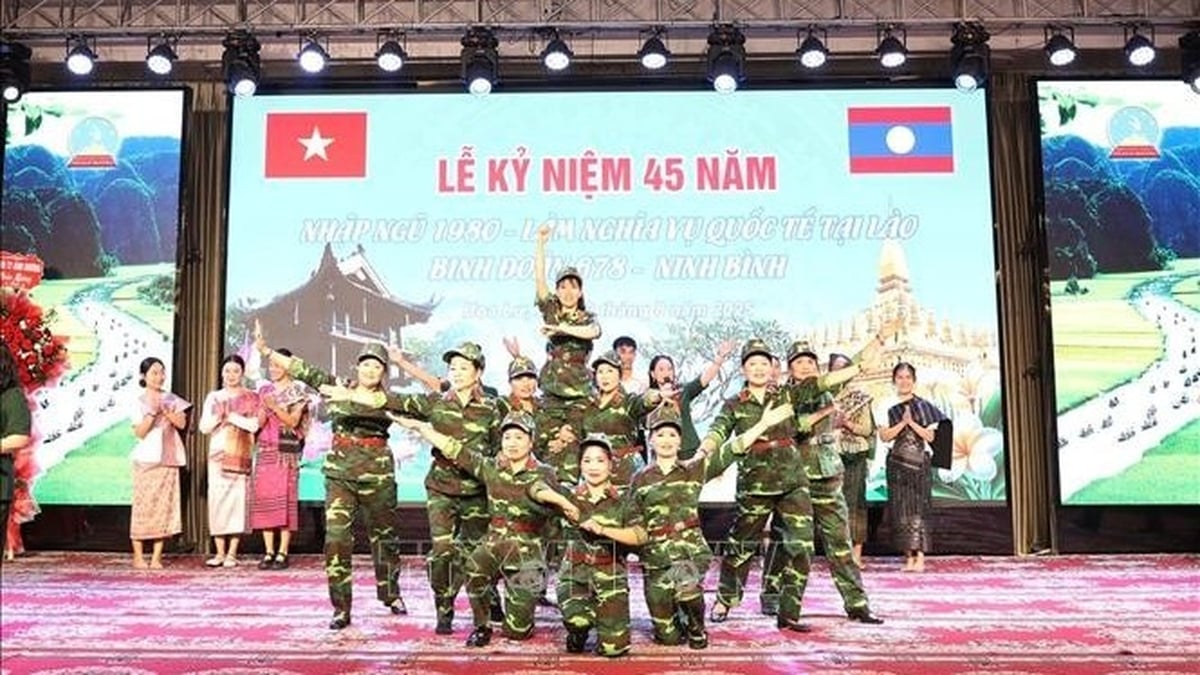






















































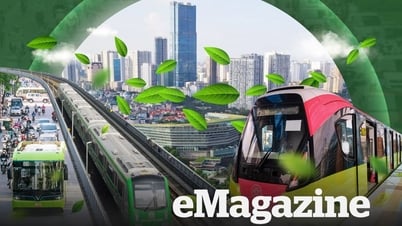

































Comment (0)